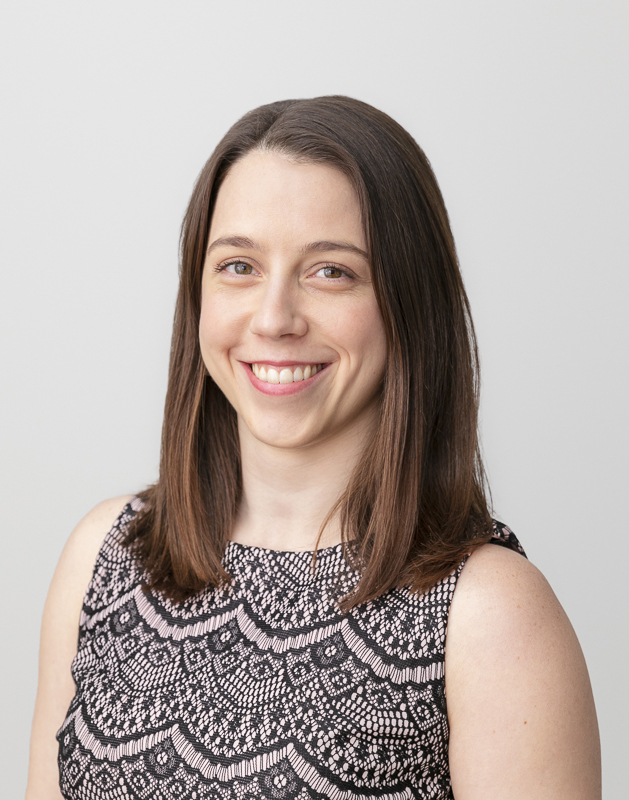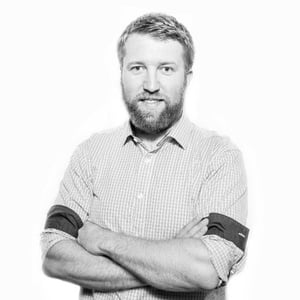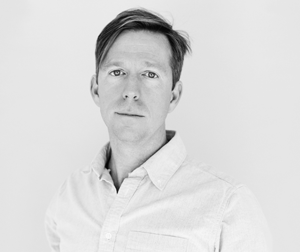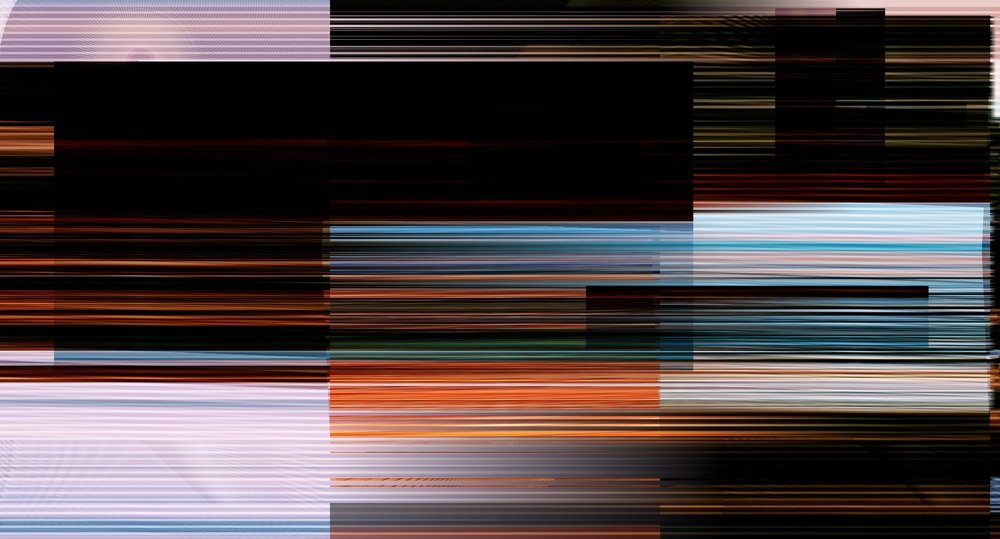Explore
Shaping the Future of Digital Preservation in Ibero America
12 December 2019
 This post is by Pamela Vizner Oyarce, AVP Consultant and RIPDASA member. Pamela has participated in RIPDASA since its creation and is actively contributing presentations at international conferences about their efforts. With AVP’s full support, Pamela allocates much of her professional development time to supporting RIPDASA by organizing free webinars focused on audiovisual digitization and digital preservation. The webinars have been attended by over 800 people from over 100 institutions in 20 countries. She recently attended the first in-person meeting in Mexico City and has contributed this recap.
This post is by Pamela Vizner Oyarce, AVP Consultant and RIPDASA member. Pamela has participated in RIPDASA since its creation and is actively contributing presentations at international conferences about their efforts. With AVP’s full support, Pamela allocates much of her professional development time to supporting RIPDASA by organizing free webinars focused on audiovisual digitization and digital preservation. The webinars have been attended by over 800 people from over 100 institutions in 20 countries. She recently attended the first in-person meeting in Mexico City and has contributed this recap.
AVP 2019 Holiday Card
10 December 2019
Did you receive an AVP holiday scratch off card this year? If so, what scene is beneath your scratch off? If it’s a fireside scene and the clock reads 12 then you won the grand prize. If it’s a fireside scene and the clock reads 6 then you won the runner-up prize. If it’s a snowman scene it means you have won our appreciation and admiration. All of you are AVPeeps and we treasure you.
AVP’s Bertram Lyons Joins Colleagues In Prague For Digital Preservation Seminar
27 November 2019
At AVP we have a dedicated team of globetrotters with a mission to solve problems around data management. We strive to be good global citizens and share our experiences whenever we can. One of the last efforts of the year will come from AVP Partner and Senior Consultant Bertram Lyons. Bert has an extensive history of engagement in the global cultural heritage community through years of participating in trainings, presentations, and conferences in addition to his varied day-to-day work with AVP.

This week Bert is headed to Prague, Czech Republic for an event in conjunction with the National Museum of the Czech Republic. This will be the second year in a row that he has visited. Last year, he spent two days learning about their projects and workflows at the National Museum. Bert in conjunction with Michal Konečný and Bohus Získal, will be facilitating a day-long seminar on digital preservation. The seminar is attached to a national yearly gathering of archives, libraries, and museums.
Bert was invited by Filip Šír. Filip has been a tireless advocate behind the New Phonograph project which is a comprehensive effort to create universal audio preservation procedures for the Czech Republic. Bert and Filip first met in 2013 at a conference for the International Association of Sound and Audiovisual Archives (IASA). Bert is a very active member of IASA, serving on the executive board and as the editor of the IASA journal. Filip says Bert’s experience in digital preservation, software, and audiovisual formats is unique. He knew that Bert was the right person to dialog and share with the greater cultural heritage community serving the entire nation.

Filip feels that this seminar is different from ones in the past because it’s broadening the audience beyond curators and technical staff to managers, executives, and other key people working to preserve cultural heritage. The goal is to present primary digital preservation concepts together with practical examples of preservation practice worldwide with a focus on related organizational prerequisites. But it is not intended to be a lecture, rather it is a time to share, discuss and inspire collaboration. Filip says lots of progress has been made but overall there is a need for well formulated strategies that aren’t fragmented by departments and institutions. He thinks that very few organizations have made it to a satisfactory level of long-term digital preservation. He hopes that the conference and the seminar will bolster these efforts and give renewed energy to the people working on this every day.
For Bert, trips like this are extremely valuable to the project work he does with AVP. It’s a chance for him to step out of his normal routine and learn from colleagues working in very different institutional and political environments. He says that overall, despite what resources organizations do or don’t have, it comes down to having passionate people in place to champion for progress. While some people may have anxiety about what they are doing right with digital preservation, the truth is most everyone is in the same boat—just trying to learn as they go and build a network of support that talks about how to keep raising the bar. Ultimately it does take financial and programmatic support for long-term digital preservation to be effective, but not as much as some may think if good planning is in place.

This seminar is a huge step in that direction, with more than 150 people participating. Bert says that the more bridges that can be built between collections and information technology, the faster the potential progress.
Learn more about the seminar, the National Museum and on-going preservation projects at these links:
Digital Preservation Seminar with Bertram Lyons, Michal Konečný and Bohus Získal
https://novyfonograf.cz/en/progress/seminar-with-bertram-lyons/
National Museum
New Phonograph
20th Conference Archives, Libraries, Museums in the Digital World 2019
AVP’s Bertram Lyons Joins Colleagues in Prague for Digital Preservation Seminar
27 November 2019
At AVP we have a dedicated team of globetrotters with a mission to solve problems around data management. We strive to be good global citizens and share our experiences whenever we can. One of the last efforts of the year will come from AVP Partner and Senior Consultant Bertram Lyons. Bert has an extensive history of engagement in the global cultural heritage community through years of participating in trainings, presentations, and conferences in addition to his varied day-to-day work with AVP.
A basic introduction to digital preservation storage. Part 1.
17 November 2019
Introduction
Let’s talk about storage. I know, I know. Not the sexiest topic in the world. But, when it comes to your digital assets, thinking about storage and the various digital preservation actions that go along with it are core to the implementation, development, or enhancement of your digital preservation program. In this series of three blog posts, my goal is to communicate the value and need of digital preservation storage, the requirements to adhere to best practices, and provide some information and links to organizations that create and administer digital preservation storage standards.
Upcoming Free Aviary Webinars
24 October 2019
We are continuing to grow our Aviary community with new adopting organizations and platform capabilities. Learn about specific ways Aviary works for different systems, metadata, and organizations in these upcoming free webinars.
Change is hard. Rally around your vision.
10 October 2019
Handy tools for remote user research
29 August 2019
In recent months at AVP, we’ve been engaged in a variety of projects that find us facilitating and organizing remote user tests, interviews, and workshops that help our clients improve user experience for their internal systems and workflows. We thought it might be useful to share some of the tools and techniques we rely on when conducting remote user experience work.
Your Blog Post Title Here…
22 May 2019
Welcome back to the 99 Problems series! This series focuses on the problems of current generation streaming platforms that are solved by Aviary, AVP’s next-generation platform for streaming audio and video content. (Did that sentence make you roll your eyes? Start here). Otherwise, if you are ready to get back to it, let’s go!
In the last blog post in this series I talked about the Lack of Democratization Problem which boils down to the fact that the feature set encompassed in Aviary was only available to those with sufficient resources and technical support. This meant that while many wanted to publish their audio and video content with a similar feature set that they couldn’t. Aviary solves that problem for the publisher of content by bringing the full suite of features (and more!) at an extremely affordable cost with little-to-no-need for technical support.
This post focuses on a related problem but from the perspective of the content and the consumer of information as opposed to the publisher. I am calling this problem the Closed Loop Problem.
As I have before, let me set the stage with an example of standard user-behavior and user-expectations from consumers of text-based information. Full text search is the most standard of user expectations today. Users do not only expect to be able to perform full text search only on certain content types or only with certain applications. People do not think twice before subconsciously clicking ctrl/cmd-f and taking off to navigate through a Word Document or Google Doc, PDF, web page, Slack workspace, spreadsheet, e-book, email, Powerpoint or Google Slides, Twitter, Facebook, and on and on and on. We do not expect to only be able to search through newspaper content, or books written by certain authors. We expect full text functionality in a universal way across all text-based content.
With audio and video it is quite a different story. Ted Talks requires consumers to go to the TedTalks website and use their website to be able to search through transcripts of TedTalks. audiosear.ch, a now seemingly defunct project, was focused only on podcasts and required you to go to their own search engine to search through the full text of podcasts. Rutherford Living History requires you to go to their website and only contains content that falls within the scope of their work.
AVP Collaboration With Latin American Network For Digital Preservation
5 April 2019
AVP is pleased to announce our participation in the RIPDASA Project. The Ibero American Network for Digital Preservation of Audio and Audiovisual Archives (RIPDASA, by its Spanish acronym) is a four-year project supported by the Ibero American Program of Science and Technology for Development (CYTED, by its Spanish acronym). RIPDASA aims to support and develop research and training on digital preservation in the region.
